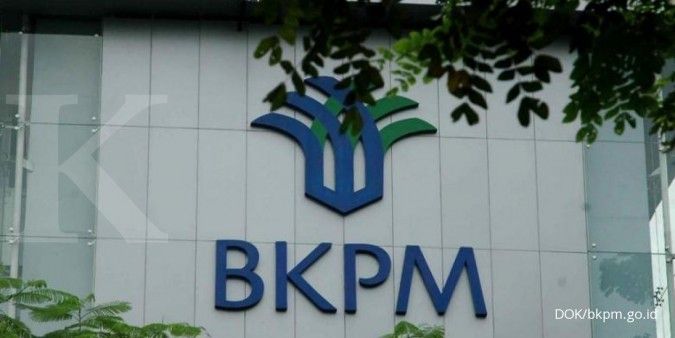JAKARTA. After applying One-Stop Integrated Services (PTSP) recently, the Investment Coordinating Board (BKPM) is now simplifying numerous permits to cut time by two-thirds on average starting in April, a move that will further ease doing business in Southeast Asia’s biggest economy.
The simplification covers major permits whose application processes are lengthy with overlapping requirements, according to BKPM deputy director for investment climate development Farah Ratnadewi Indriani. Among them are location or land permits, forest-lease permits, regional-level permits, particularly building permits (IMB) and environmental permits necessary for all business sectors from manufacturing to power generation.
“The requirements of forest-lease licenses, for example, interlock with business permits and environmental permits, which both require environmental impact analysis [Amdal],” she said in a media briefing on Tuesday.
The current average of 260 days to process land permit applications will be cut to only 90 days. In addition, the processing of forest-lease licenses will also be reduced from 110 to 30 days, while that of environmental permits will be shortened from 150 to 30 days.
Overlapping bureaucracy at the regional and central levels is among factors that drove the World Bank to rank Indonesia 114th out of 189 nations in its Doing Business 2015 report. Indonesia placed 155th in setting up a business and 153rd in dealing with construction permits.
In addition to making it easier to do business across all sectors, the board has also prioritized slashing the period to process permits related to investment in power generation. The acquisition of permits in the electricity sector, which are normally passed within 930 days or nearly three years, will be shortened to 240 days, or eight months.
The streamlining of permits is much-needed as the country aims to boost electricity generation to 35,000 megawatts (MW) by 2019, which is expected to help solve the power crisis curbing industrial growth. National electricity generation capacity last year amounted to 47,128 MW, according to data from state-owned electricity firm PLN.
Based on a simulation carried out by the board, the acceleration of permit issuance in the power generation sector to eight months would slash investment costs by between 45 and 50 percent of the total capital sourced from credits, deregulation director Yuliot said.
“Efficiency can be achieved if a company can operate facilities it builds after one year instead of three years as seen at present,” he said.
Investment, a main driver of economic growth in Indonesia after domestic consumption, amounted to Rp 463.1 trillion (US$35.10 billion) in the past year, up 16.2 percent, a slower pace compared to the past few years, which saw a surge of over 20 percent.
The board has set a moderate target of a 14 percent increase in realized investment, of which Rp 343.7 trillion will derive from foreign investors and the rest from domestic spenders.
Earlier, to support its One-Stop Integrated Services, the BKPM took over 134 licenses from 22 ministries and related institutions to facilitate investors in setting up business in the country. (Linda Yulisman)
/2014/12/10/338109287.jpg)










